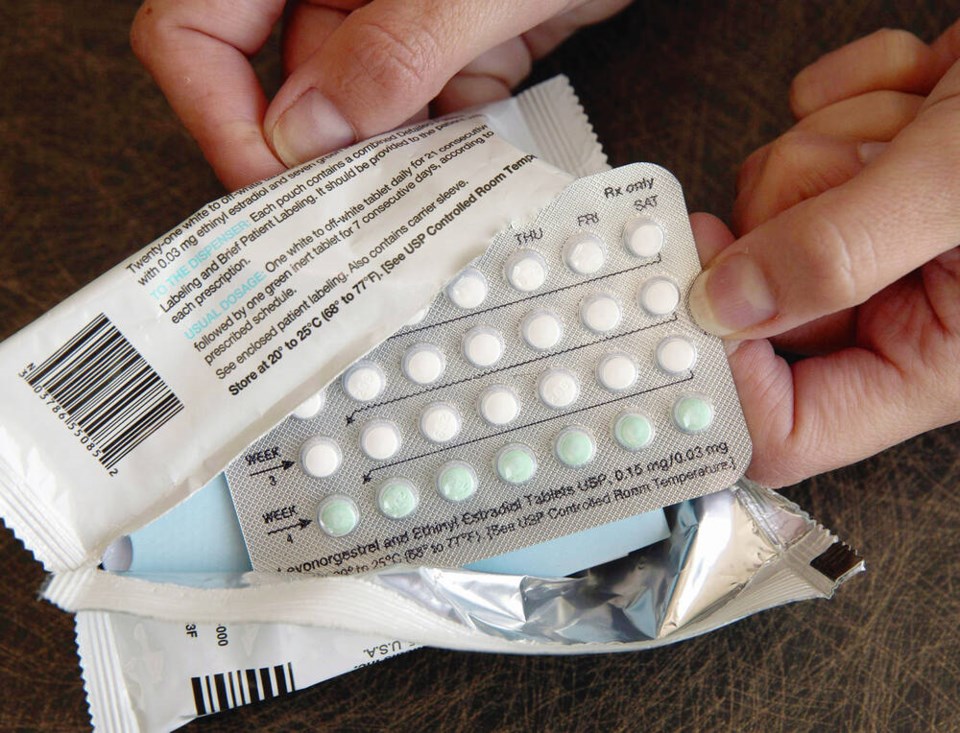B.C. will cover dozens of commonly used birth-control methods as part of its plan to offer free prescription contraceptives starting April 1.
The initiative is expected to cost B.C. PharmaCare $119 million over three years — approximately $39 million in the first year, followed by $46 million in the second year and $33 million in the third.
On Wednesday, the province provided a list of birth-control methods and brand names that will be covered, from oral contraceptives to copper and hormonal intrauterine devices commonly called IUDs, hormonal injections and the morning-after pill.
The list spells out what’s covered — from Alesse to Zamine. Some pills cost about $25 a month, or $300 a year.
Premier David Eby said free birth control enables women to prioritize their health without having to worry about the cost of contraception.
About 40 per cent of pregnancies in B.C. are unintended, according to the province. Contraceptives allow people to plan and space out their pregnancies, but are also used by women to deal with heavy or painful menstrual cycles, and by gender-diverse people who don’t want to have monthly periods.
Eby said “equity for women” is a top priority for his government — along with the free contraceptive coverage coming in just over six weeks, he pointed to pay transparency legislation introduced Tuesday to help close the gender pay gap, as well as legislation introduced earlier this week to crack down on predators who share intimate images without consent.
B.C. is the first province in Canada to offer free prescription contraceptives.



